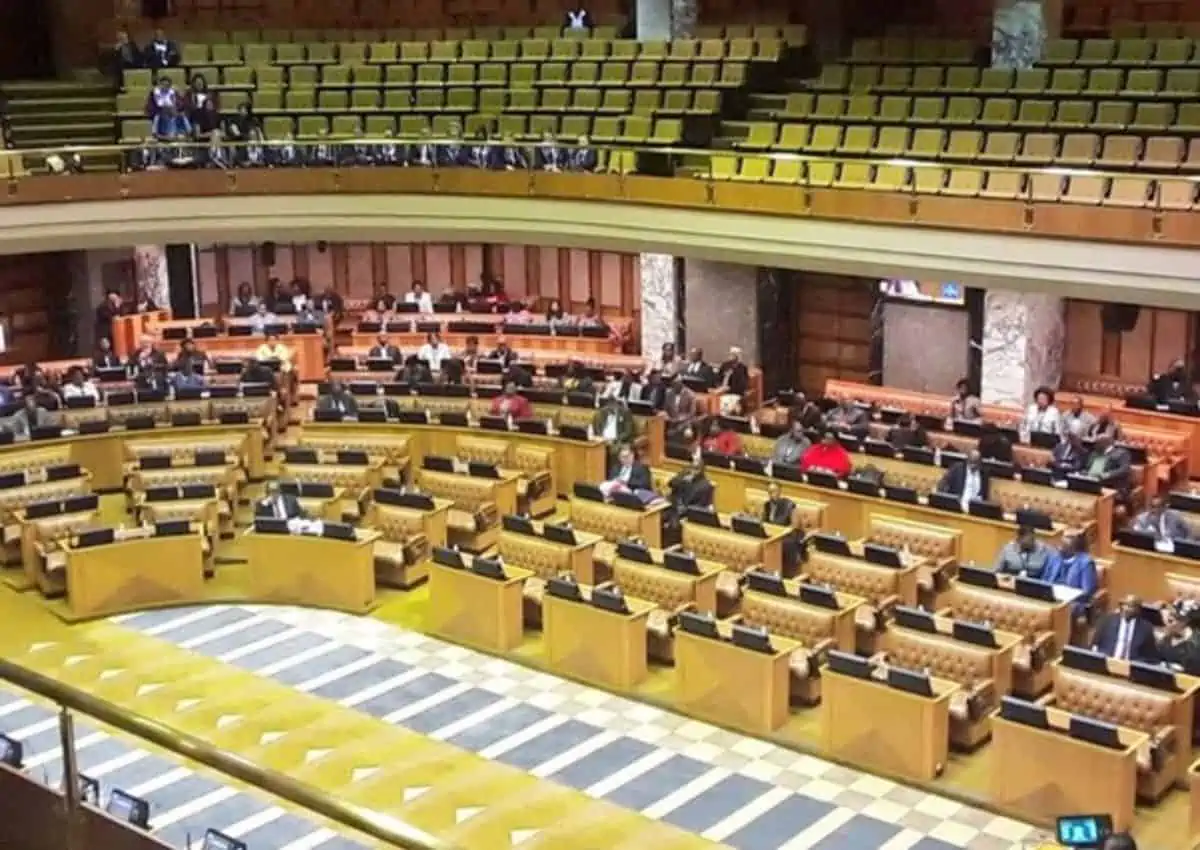With the holiday season having come to an end, new laws refining the edges of the South African lifestyle, business and the economy are anticipated this year.
The Parliamentary Group, a non-profit organisation, reported that there are 64 bills currently undergoing the legislative process. Many of these are awaiting the president’s signature.
According to the group, 20 bills were passed, two less than they were passed the year before. “Out of these bills, nine were money bills linked to the main and supplementary budgets,” said the PMG.
In South Africa, a bill has to go through several steps before it is passed and becomes law. The bill goes to Parliament and referred to a committee for review. During the review the committee may make changes to the bill.
The bill is then moved to parliament where it will be debated and amended by Parliament (which comprises of members of the National Assembly and the members of the Council of Provinces). If most members vote in support of the bill, it will then be sent to the President who has to sign it before it comes into law. None of the bills are passed and declared as part of South Africa’s laws without the president’s signature.
President Cyril Ramaphosa still has to go through it and can either sign it or send it back for changes.
Below are the bills expected to continue along the legislative process:
National Health Insurance Bill
The National Health Insurance Bill seeks to “achieve universal access to quality healthcare services” in South Africa by establishing a fund that will allow for the purchase of health care services on behalf of users.
Expropriation Bill
The National Assembly, in September 2022, passed the Expropriation Bill to the National Council of Provinces for concurrence, taking it one step closer to coming into law.
It aims to: “To provide for expropriation of property for a public purpose or in the public interest, to regulate the procedure of the expropriation… including payment of compensation.”
Sectional Titles Amendment Bill
This amendment bill deals specifically with complexes across South Africa which many people occupy.
Compensation for Occupational Injuries and Diseases Amendment Bill
The bill aims to protect domestic workers by allowing domestic employees who sustain injuries while working to claim from the Compensation Fund.
Employment Equity Amendment Bill
The bill was introduced to the National Assembly by the employment and labour minister in July 2020 and awaits the president’s signature.
The bill itself states that it aims to amend certain definitions in the original Employment Equity Act of 1998 to ensure that there is more equitable representation of suitably qualified people from designated groups.
Source: My Broadband, Business Tech, image from Twitter: @AthiMtongana
